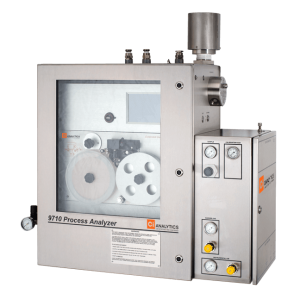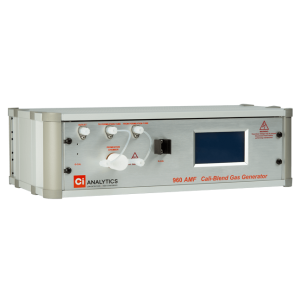Bitumen, the heavier hydrocarbon fraction of crude oil with high density and viscosity, is related to the presence of harmful impurities, including inorganic salts, naphthenic acids, clays, and heterocyclic compounds containing sulfur. Given the diversity and physicochemical properties of these substances, the oil industry faces technological challenges during extraction and refining operations. Corrosion resulting from the hydrolysis of chlorides salts is of great concern to petroleum refiners who wish to avoid costly problems during downstream processes.
Inorganic chloride salts, which generally come from field brines and process water, are sodium chloride (NaCl), calcium chloride (CaCl2.2H2O), and magnesium chloride (MgCl2.6H2O). Since most of the crude oil recovery units operate at high temperatures, conducting to the reaction of salts with the steam, which results in the production of highly corrosive hydrochloric acid. In addition, the presence of other substances, such as naphthenic acids and clays, facilitates the hydrolysis reactions, which increase hydrochloric acid production.
Hydrogen chloride (HCl) is a strong acid, irritant, corrosive, nonflammable gas that, in contact with water, forms hydrochloric acid. HCl is used to produce cleaning products for electroplating metals and tanning leather. It is also produced during the refining of crude oil and used in the petrochemicals treatment for polyvinyl chlorides plastics and other polymers.
As a by-product during the refining of crude oil, hydrogen chloride tends to have a harmful effect. Hydrochloric acid dissolved in the steam reaches most of the oil processing reactors and pipelines, corroding the machinery equipment when condensing in their surface. For instance, when producing diesel, the ammonia (found as part of the reactor effluent) reacts with HCl, forming ammonium chloride (NH4Cl). This last ionic product tends to accumulate in the column trays, increasing the pressure in the distillation column, preventing overhead-tower streams, and making the diesel extraction more difficult. Furthermore, the damaging effects of chlorides corrosion on some of the crude oil refining units, together with the catalyst deactivation, create leaks of flammable hydrocarbons that compromise the safety of the processes.



